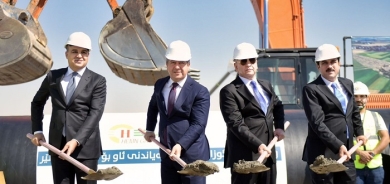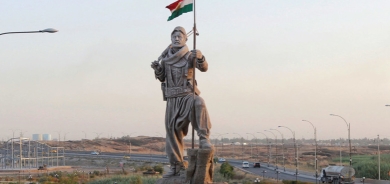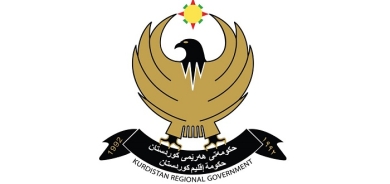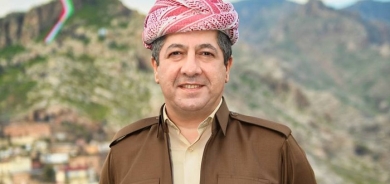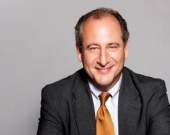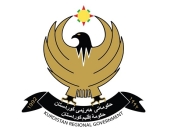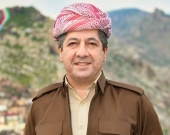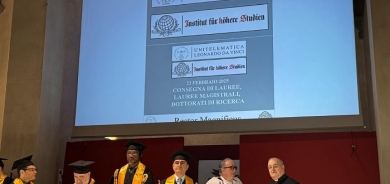WHO Urges Global Governments to Raise Taxes on Alcohol and Sugar-Sweetened Beverages to Combat Health Issues

In a groundbreaking call to action, the World Health Organization (WHO) has implored governments across the globe to implement higher taxes on alcohol and sugar-sweetened beverages (SSBs). The announcement comes after the WHO's comprehensive study of taxation rates, revealing the need for increased levies on what it deems "unhealthy products."
The WHO expressed concern that the current average global tax rate on such items is inadequately low, with some European countries entirely exempting products like wine from taxation. Highlighting the gravity of the situation, the organization cited staggering statistics, asserting that 2.6 million people succumb to alcohol-related causes and 8 million perish due to unhealthy diets annually.
Think again if you guzzle soda and other sugary drinks. The beverages you consume can have a serious impact on your health.
— World Health Organization (WHO) (@WHO) December 5, 2023
Only 108 countries have taxes on sugar-sweetened beverages and they don’t even include all types! Raising taxes on drinks like soda decreases consumption… pic.twitter.com/Ap8q96CjyL
Rüdiger Krech, the WHO's health promotion director, emphasized the positive impact of taxing unhealthy products, stating, "Taxing unhealthy products creates healthier populations. It has a positive ripple effect across society, less disease and debilitation, and revenue for governments to provide public services."
The WHO contends that higher taxes can not only reduce consumption of these detrimental products but also act as an incentive for companies to pivot towards producing healthier alternatives. "In the case of alcohol, taxes also help prevent violence and road traffic injuries," Krech added.
While acknowledging that 108 of its 194 member states already impose some taxes on SSBs, the WHO revealed that these taxes only account for an average of 6.6% of the price of soda. Furthermore, the organization expressed concern that half of these countries also tax water, a practice not recommended by the UN agency.
The WHO proposed that minimum pricing, in conjunction with taxation, could be a powerful tool in curbing the consumption of cheap alcohol, potentially reducing alcohol-related hospitalizations, deaths, traffic violations, and crimes. The organization emphasized the importance of addressing the affordability of alcoholic beverages, revealing that, on a global scale, the most sold brand of beer is taxed at an average of 17.2%, while the most sold type of spirits faces a 26.5% tax.
Responding to the argument that alcohol taxes disproportionately impact poorer communities, the WHO asserted that this perspective overlooks the "disproportionate harm per litre for alcohol consumers in lower socioeconomic groups." WHO Assistant Director-General Ailan Li underscored the urgency of the matter, stating, "A pressing concern is that alcoholic beverages have, over time, consistently become more affordable, but increasing affordability can be curbed using well-designed alcohol tax and pricing policies."

